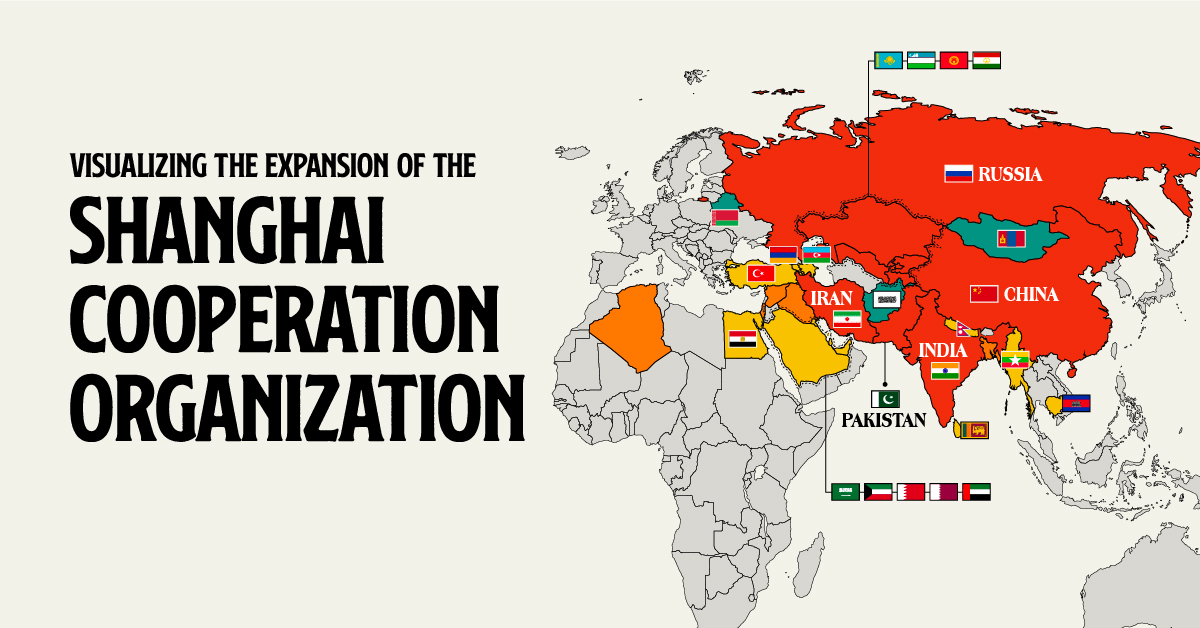Look, let’s call it like it is. The Trump administration is actively eroding trust with long-standing allies, and frankly, it’s a mess. This isn’t just about bruised egos; it’s about real financial implications. We’re seeing a ripple effect, and a particularly interesting one is the resurgence of concerns about the safety of overseas gold reserves.

Historically, when geopolitical tensions rise and confidence in international systems weakens, nations tend to bring their gold home. Remember Germany? Back in the post-Cold War era, they started repatriating their gold holdings from the US and UK, citing concerns over access and security. That wasn’t a vote of confidence in the state of global affairs, let me tell you.
Now, with Trump’s ‘America First’ policies and the increasing unpredictability of US foreign policy, other nations are naturally asking themselves: is our gold really safe over there? It’s a valid question, and a deeply unsettling one for the US, which has long benefited from being the world’s primary custodian of gold.
Let’s dive a little deeper into why countries hold gold. Gold isn’t just a shiny metal; it’s a cornerstone of national financial security. It’s a hedge against inflation, a safe haven during economic turmoil, and a symbol of sovereignty.
Historically, nations have strategically stored gold in diverse locations to mitigate risks – political instability in their home country, natural disasters, or simply to diversify holdings. However, keeping substantial reserves abroad always involves a degree of reliance on the host country’s stability and goodwill.
Repatriation of gold signals a loss of faith in that host country, a hedge against potential seizure or restrictions on access, and a reaffirmation of national control over assets. This isn’t a dramatic “gold rush” yet, but it’s a trend worth watching very carefully. Frankly, it’s a pretty damn strong signal of waning confidence in the current world order. And that’s not good for anyone.






